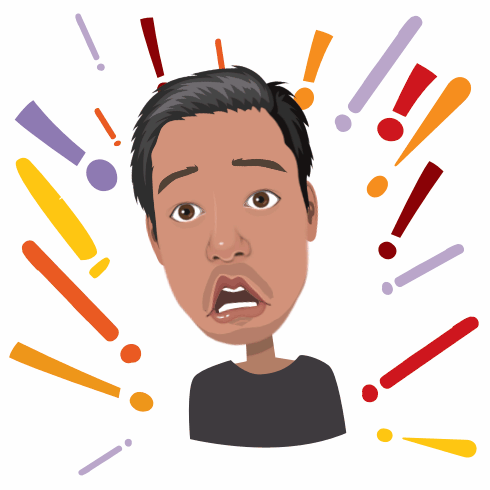Reading Time: 3 minutes
Mr. Fred is a successful business owner and is doing well in all walks of life. One night, after dinner he felt discomfort on his lower chest, this was accompanied by the sudden onset of intense fear that he was going to die. He was sweating a lot and his heart was pounding, he was rushed to a hospital and a number of investigations were carried out to rule out cardiac and pulmonary causes. Though all investigations remained normal, these attacks occurred sporadically, with no specific triggers. He underwent a myriad of investigations, all of which were negative. By now he was also on a cocktail of medications, which dint seem to help either. These attacks kept happening, and more alarmingly were increasing in frequency.
Mr. Fred is most likely suffering from panic attacks. Panic attacks are brief episodes of intense anxiety often accompanied by fears of death or of losing control. These are often associated with palpitations, tremors, sweating, dizziness or abdominal discomfort. Up to 3% of the population may be suffering from panic disorder(recurrent panic attacks), and at least 10 times that number from panic attacks. Women are affected 3 times more than men and panic episodes often begin in the mid-twenties.

What causes Panic attacks ?
Dysfunction in the anxiety circuits in the amygdala(region of the brain responsible for emotion and learning). An imbalance between excitatory and inhibitory neurochemicals are also implicated. These abnormalities may be inherited from one’s parents. Despite evidence of strong genetic causation, single genes have not been identified. After the first attack, there is usually anticipatory anxiety that predisposes one to another attack.
Panic attacks can mimic a number of potentially life-threatening conditions such as a heart attack, stroke, embolism, electrolyte imbalances, thyroid disease and asthma. Further, a number of physical conditions can mimic panic. Some drugs can also lead to panic attacks. Marijuana is a common offender.
Panic attacks can result from misinterpreting bodily sensations associated with the “fight- or flight” response ( believing that an increase in your heart is interpreted as a heart attack).

How is panic disorder diagnosed?
At the first episode for which medical evaluation is sought, a number of investigations ( blood counts, ECG, Thyroid functions, electrolytes etc.) will be prescribed to rule out all the physiological causes of panic, further any medical illnesses will also be ruled out. A diagnosis of panic disorder is then made by a mental health professional via criteria proposed by the world health organization.
How are panic attacks treated ?
Psychotherapy (cognitive behavioural therapy, relaxation training and exposure and response prevention), wherein distressing thoughts and beliefs are challenged and restructured with the help of behavioural experiments, and medications( SSRI’s, beta-blockers and anxiolytics) either alone or in combination can be effective in managing panic in a large proportion of those suffering.
What happens if panic disorder is left untreated ?
Most people suffering from panic disorder are reluctant to seek help, despite the distressing nature of their symptoms. Some people suffering from panic attacks would rather undergo invasive tests repeatedly to reassure themselves that their physical health is out of danger. A number of patients may remit spontaneously, but for others, the illness may be chronic and disabling. This may lead to social and occupation distress.
Take a quick free anxiety screening test
When one does choose to take help, up to 85% of people with panic attacks get better within 6 months.